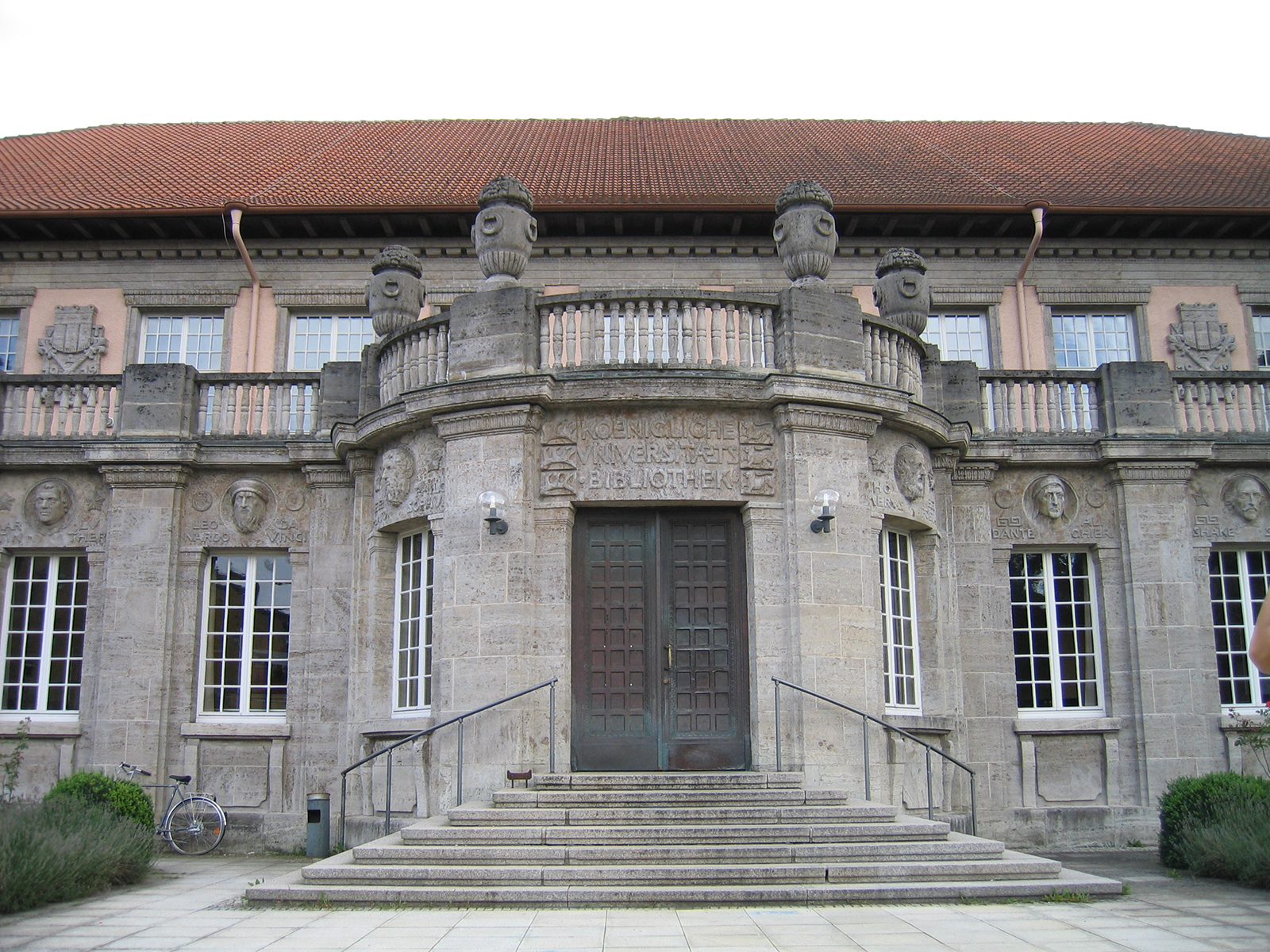University of Tübingen: Good grade in German, poor evaluation of math lessons
When pupils judge the quality of the lessons – which is the case in more and more schools – they will have to take a closer look in the future. In a study, researchers from the Hector Institute for Empirical Educational Research found indications that grades not only influence the assessment of teaching in the respective subject, but can also affect the assessment in other subjects. Specifically, this means that if teachers give above-average grades, this can mean that their own lessons are rated better, but also give their colleagues a somewhat poorer assessment of the lessons. The study thus provides important information on the use of student judgments in practice and has now been published in the specialist journalJournal of Educational Psychology published.
Specifically, the team led by Ann-Kathrin Jaekel investigated how the grades of around 6,500 students in grades 5 to 10 in the subjects of mathematics and German are related to their assessment of the quality of teaching. It became clear that the better the grade of the students in a subject, the better they rated the lessons there.
At the same time, however, it was also shown that a better grade in one subject goes hand in hand with a poorer assessment of the other subject – regardless of which grade, but also what actual performance, was achieved there. In this respect, students devalue the quality of teaching in the subject in which they get the comparatively poorer grade. Also significant: the researchers were able to determine this comparative evaluation pattern not only in individual pupils, but also applied to entire classes.
Similar effects are already known from research on the academic self-concept of schoolchildren: the better their performance in mathematics, for example, the higher their mathematical self-concept. On the other hand, better mathematics skills than in German lead to a lower self-concept in German.
This means that how students rate the quality of teaching in one subject is also influenced by the grades they get in another subject. “This phenomenon should be particularly taken into account if student ratings are used to assess teachers in the context of classroom evaluation,” emphasizes Ann-Kathrin Jaekel from the Hector Institute for Empirical Educational Research and first author of the study. Co-author Richard Göllner, Professor of Educational Effectiveness at the Hector Institute for Empirical Educational Research, explains: “With its results, the study provides us with an important piece of the puzzle to answer the question of what use student judgments have for school practice and what limitations they may have are to be taken into account. “In further studies it will now be investigated

